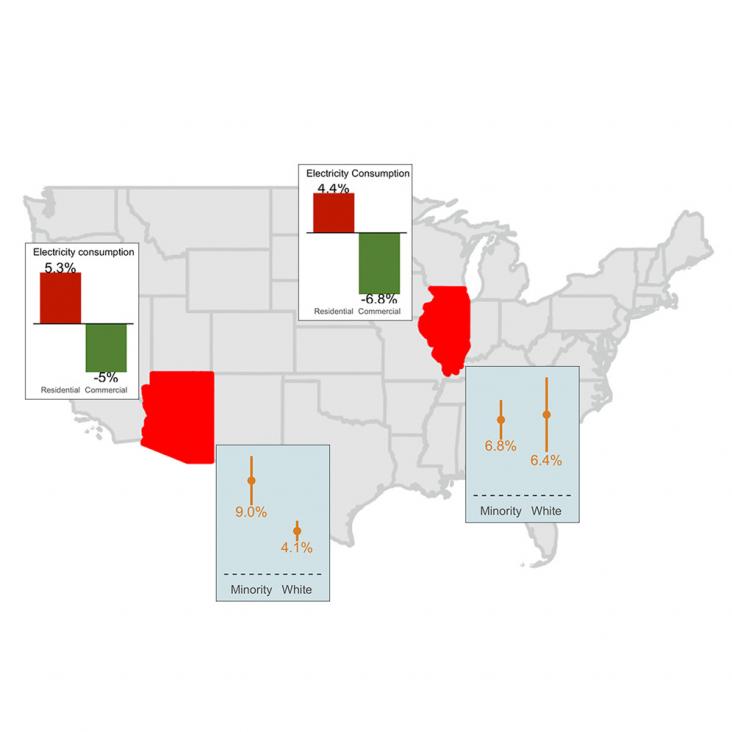
Mohammadreza Daneshvar, Behnam Mohammadi-Ivatloo, Kazem Zare, 'Chapter 9 - A case study in the hybrid energy network with 100 percent renewable energy resources and future directions', Editor(s): Mohammadreza Daneshvar, Behnam Mohammadi-Ivatloo, Kazem Zare, Emerging Transactive Energy Technology for Future Modern Energy Networks, Academic Press, 2023, Pages 135-149, ISBN 9780323911337
Clean Energy and Resource Recovery. Wastewater Treatment Plants as Biorefineries, Volume 2, 2022, Pages 301-314
Advances in Thermal Energy Storage Systems, Second Edition, Methods and Applications, Woodhead Publishing Series in Energy, 2021, Pages 673-697

COP26 is the 2021 United Nations annual climate change conference. COP stands for Conference of the Parties.




